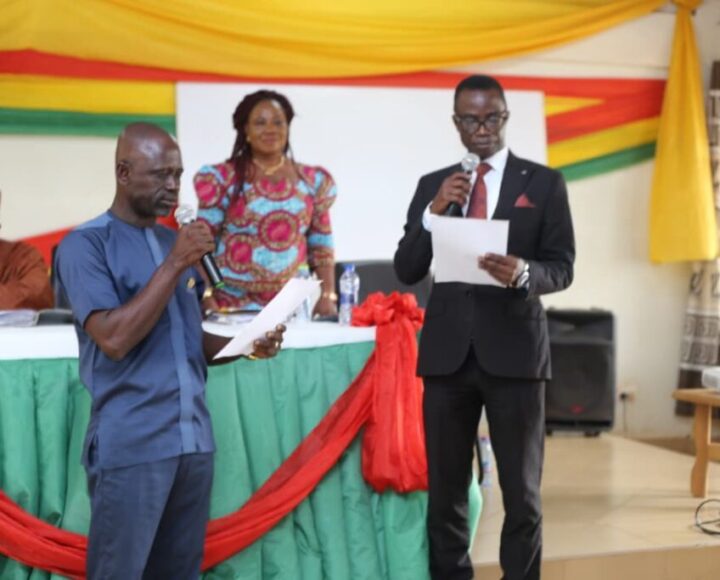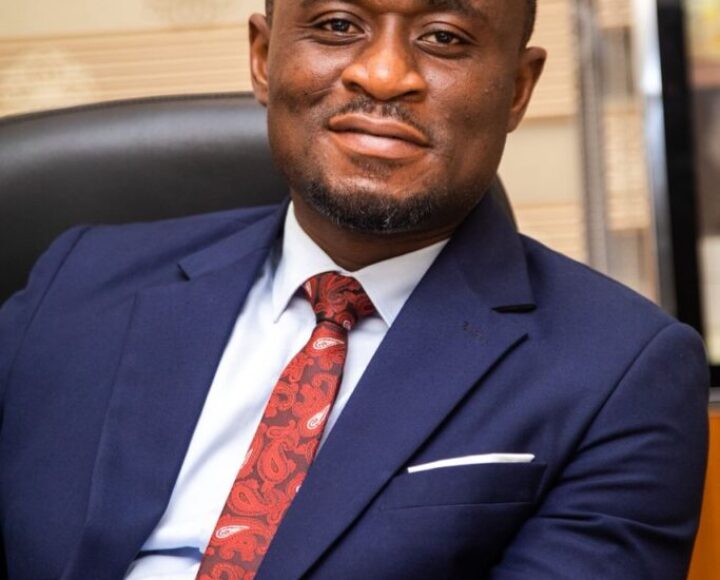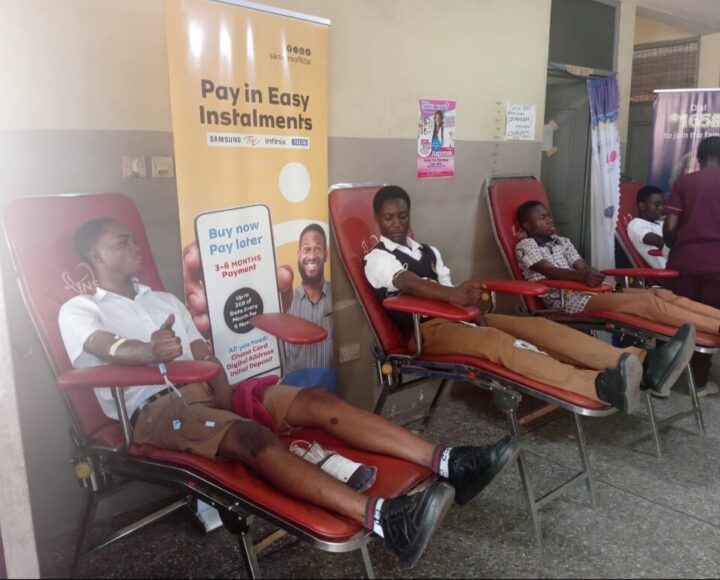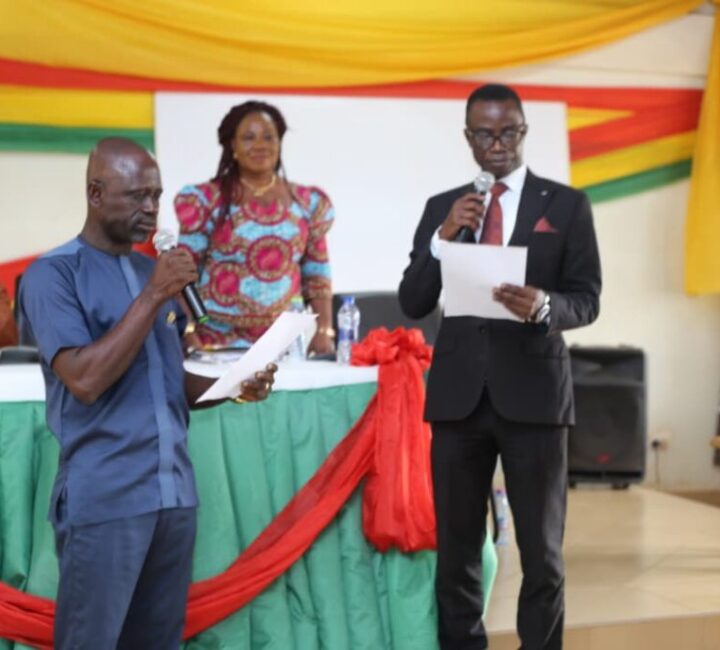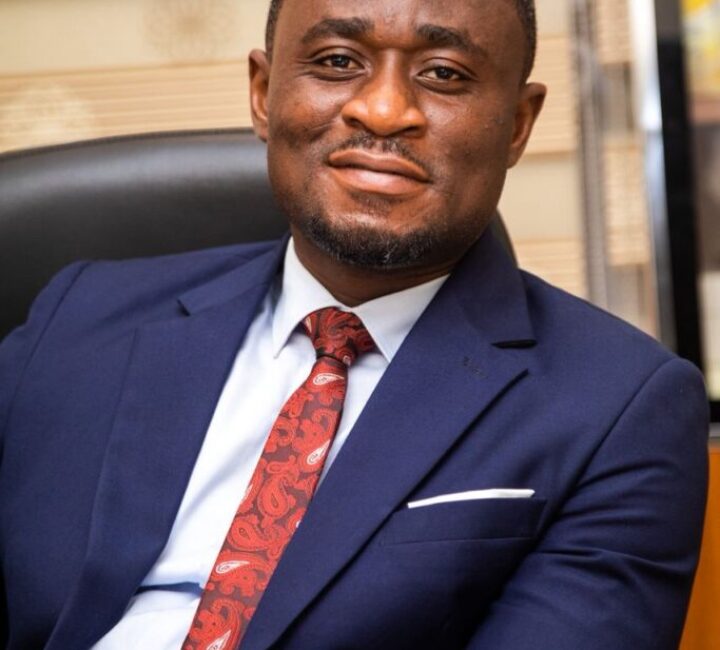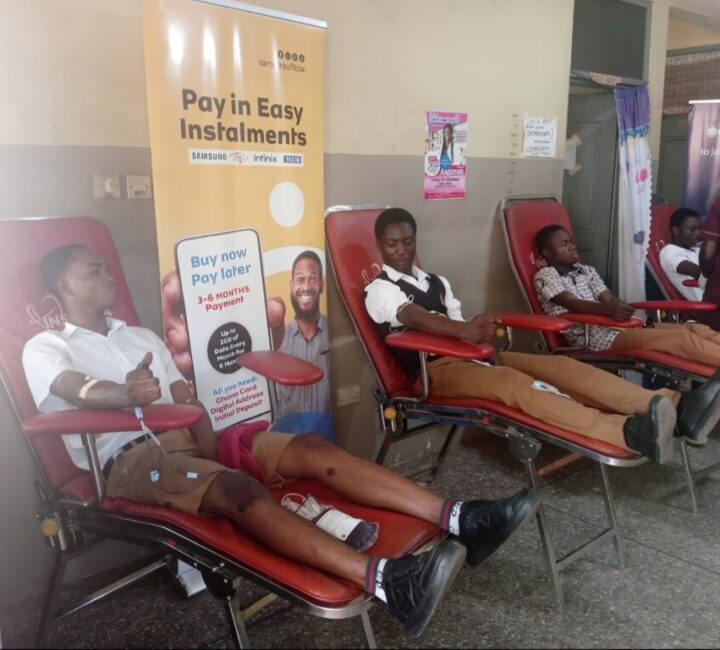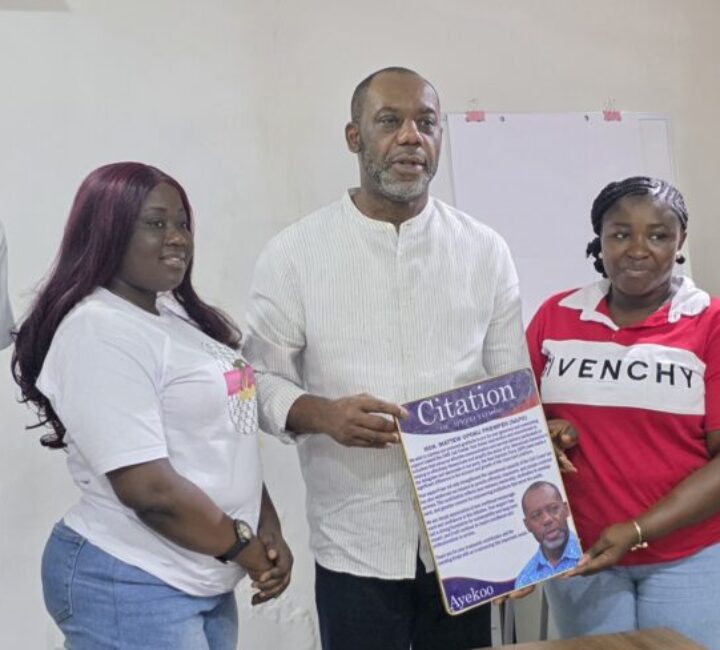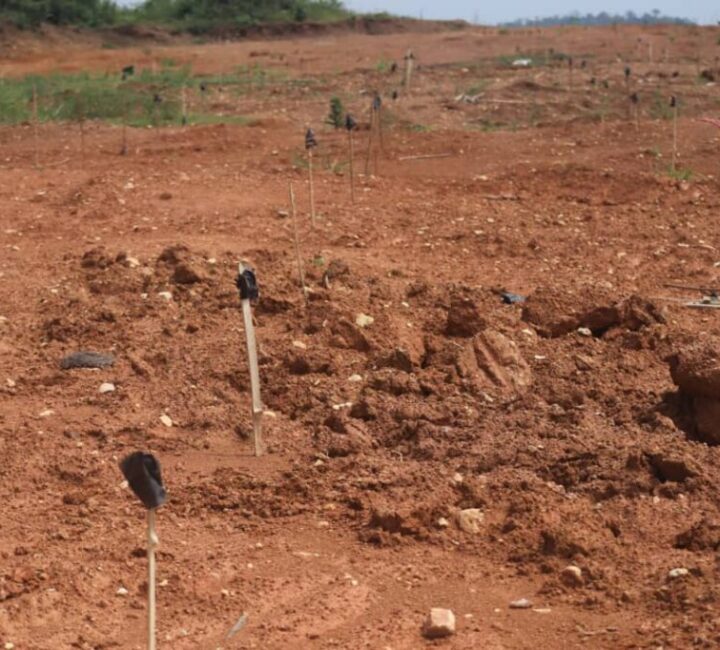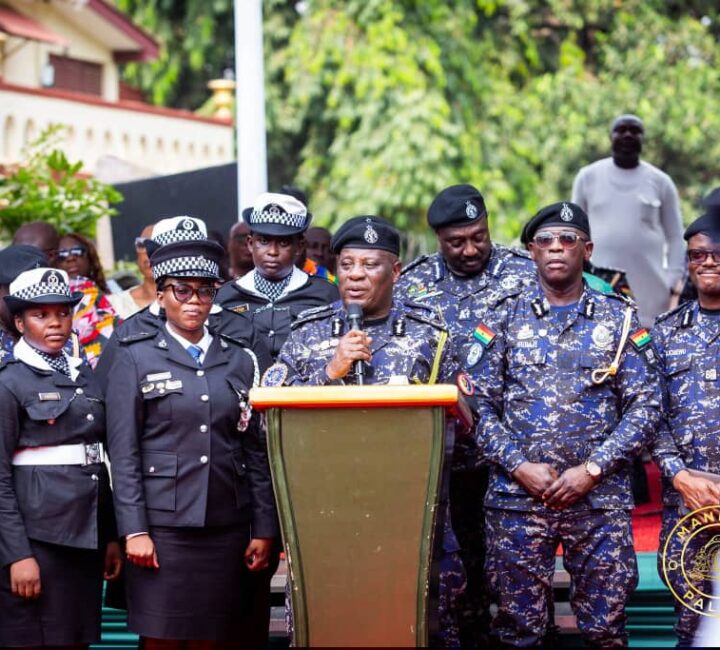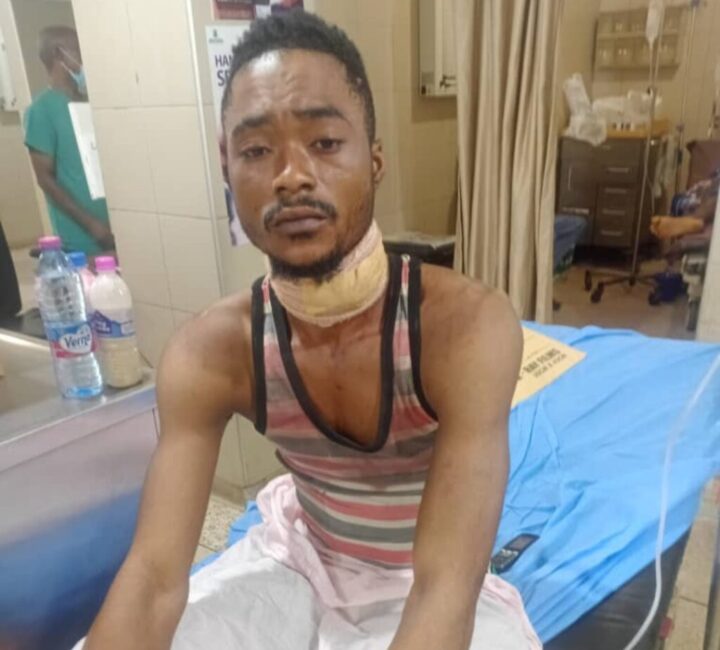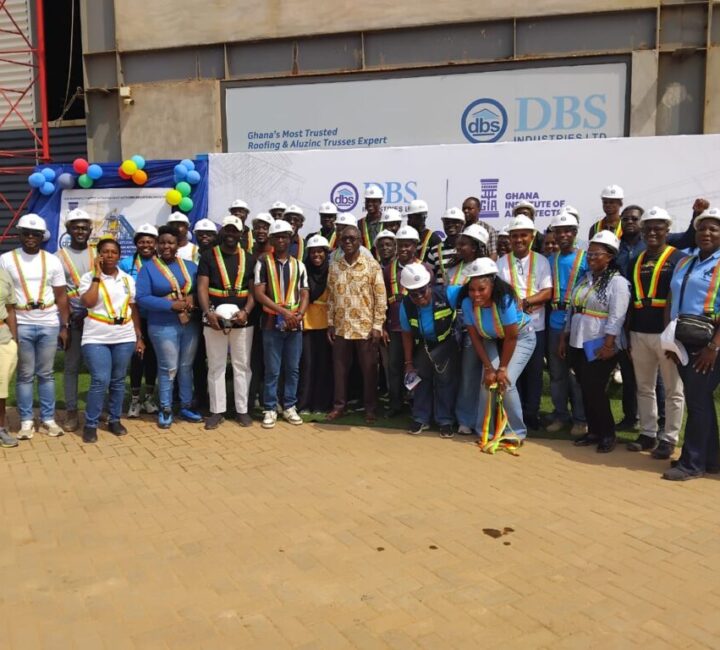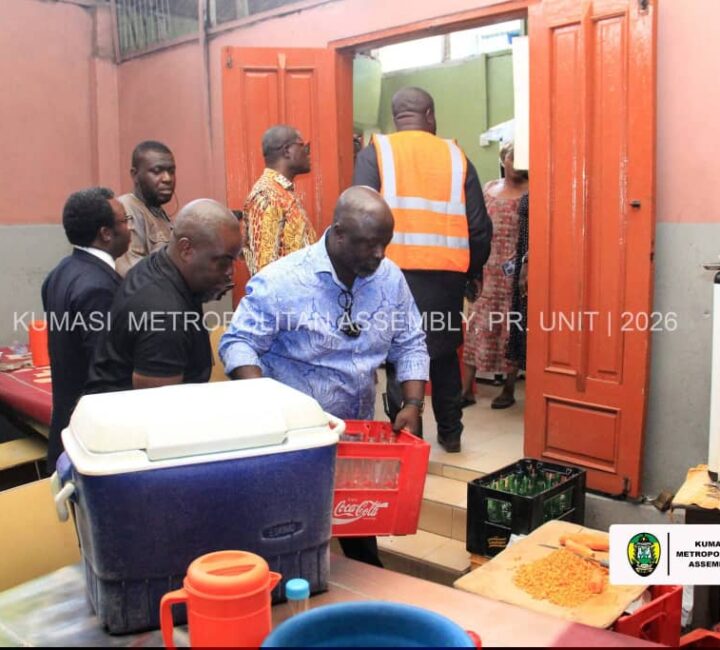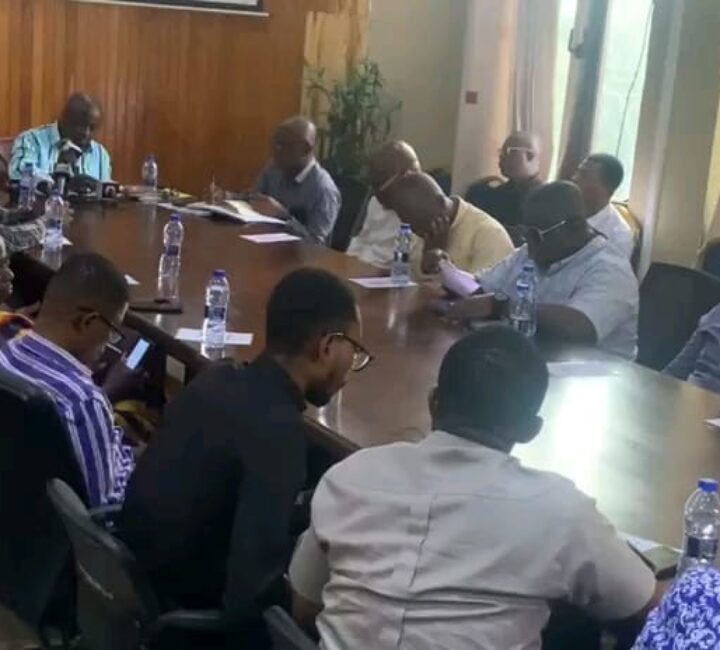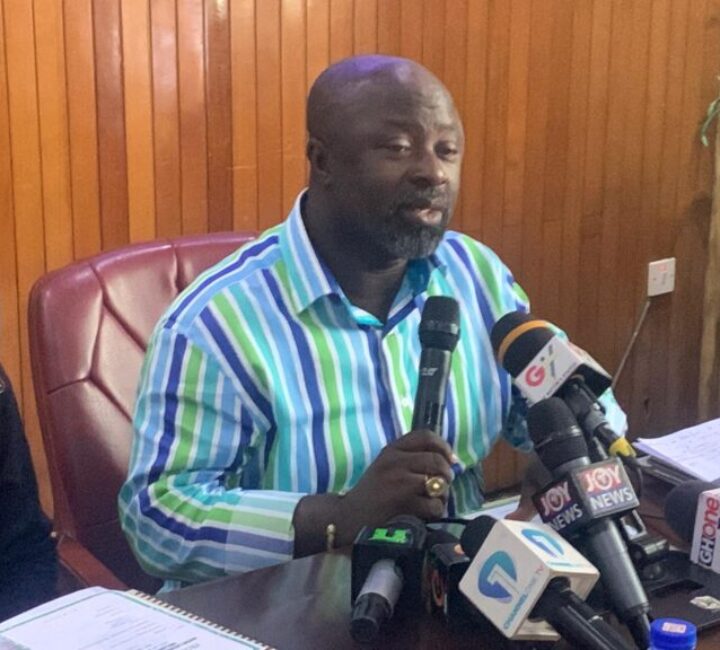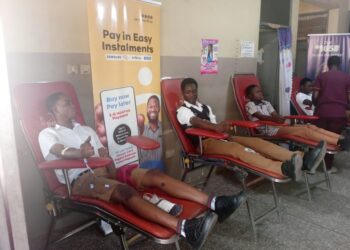Chief Executive Officer of the Komfo Anokye Teaching Hospital (KATH), Professor Otchere Addai-Mensah has underscored the need for health institutions to have robust cyber systems to combat crimes in that area.
Quoting from Lancet May 25, 2024 edition of Health Magazine titled “Cyberattacks on health care-a growing threat”, Prof Addai-Mensah said health institutions are the most impacted by the activities of cyber fraudsters.
The CEO who was speaking at the maiden cyber security awareness forum therefore commended the Cyber Security Authority (CSA) for embarking for the first time a week long awareness creation at KATH.
“It is my singular honour to welcome all of you to this programme which is the first-ever Cyber Security Awareness Week organised by the hospital in line with the global campaign to raise and deepen public knowledge and awareness about the importance of cyber security worldwide”, Prof Addai-Mensah said.
Details:
The CEO said there is no doubt that the daily lives of people are being managed and controlled through interconnected digital systems.
He noted that in an era where technology permeates every facet of our lives, the healthcare sector was no exception.
“Our reliance on digital tools and platforms has transformed how we deliver care, manage patient information, and engage with one another. All our health, financial, demographic, and other vital information is continuously being stored, managed, and retrieved electronically for which reason no effort should be spared in securing it”, the CEO stated.
He noted for instance at KATH, all the information on patients is taken, stored, managed, and retrieved electronically following the rollout of the Electronic Medical Records System (EMRS) of the Ministry of Health developed by LIGHT WAVE EHEALTH SOLUTIONS.
Additional Information:
Prof Addai-Mensah stressed that KATH had done away with folders or manual paperwork.
Management and staff, he expressed therefore owe it a duty to ensure that the system is safeguarded to curtail any catastrophic interruption in patient care.
The CEO said technology advancements come with significant challenges, particularly concerning the security of health data and the threats posed by misinformation.
“There are intense pursuits by unethical actors all over the world to penetrate, manipulate, and control such platforms for insidious gains. The health sector, according to studies, is the most impacted by these inimical pursuits”, the CEO intimated.
Dangers:
The KATH CEO said whenever healthcare systems are attacked, delivery of care is delayed and inevitably puts patient safety at risk.
He said in May 2017, the global WannaCry ransomware attack disrupted more than a third of hospital trusts across NHS England, and nearly 7,000 appointments were canceled.
The Change Healthcare cyberattack in February this year on the largest US billing and payment system led to disruptions in processing millions of patients’ prescriptions and services delaying access to medication and care, the CEO revealed.
“The hack on Change Healthcare in the USA for instance was expected to cost up to US$1·6 billion according to The Lancet. The editorial further revealed that these attacks are part of an alarmingly rising trend of cyberattacks targeting health care with the European Repository of Cyber Incidents recording an increase in global cyber events against health facilities from 32 in 2022 to 121 in 2023”, the CEO noted.
Cyber Security Authority (CSA):
In a speech read on his behalf, Dr Albert Antwi-Boasiako, Head of the Cyber Security Authority (CSA) disclosed that cyber security maturity levels of health institutions as compared to banks and telecommunications companies in Ghana was low.
The CSA, according Dr Boasiako have also identified no password encryption, outdated software, denial of service web server misconfiguration in the health institutions.
Others such as HTTPS not enforced and verbose error messages were some of the vulnerabilities the CSA found during an exercise it recently carried out in health institutions.
He therefore called on health institutions to take cyber security issues seriously by finding solutions to same so as to make their systems robust and efficient to withstand cyber attacks and fraudulent acts.
Chairperson:
Chairing the occasion, Asantehene’s Hiahene, Dr Oheneba Boakye urged the Cyber Security Authority to intensify their awareness creation efforts.
These, he noted would get the public including state and government institutions to sit up and fend off the increasing numbers of cyberattacks.
Story By Michael Ofosu-Afriyie, Kumasi



